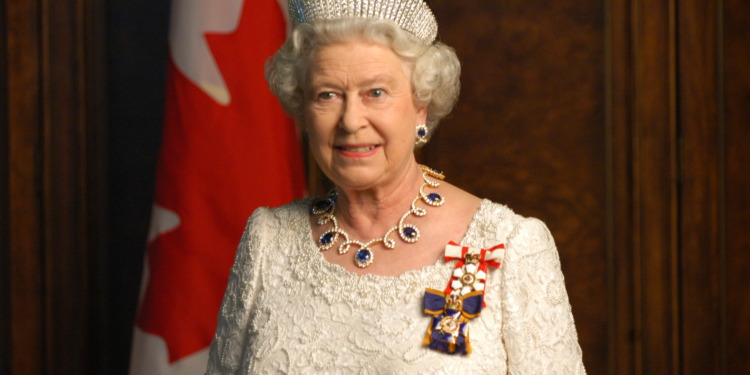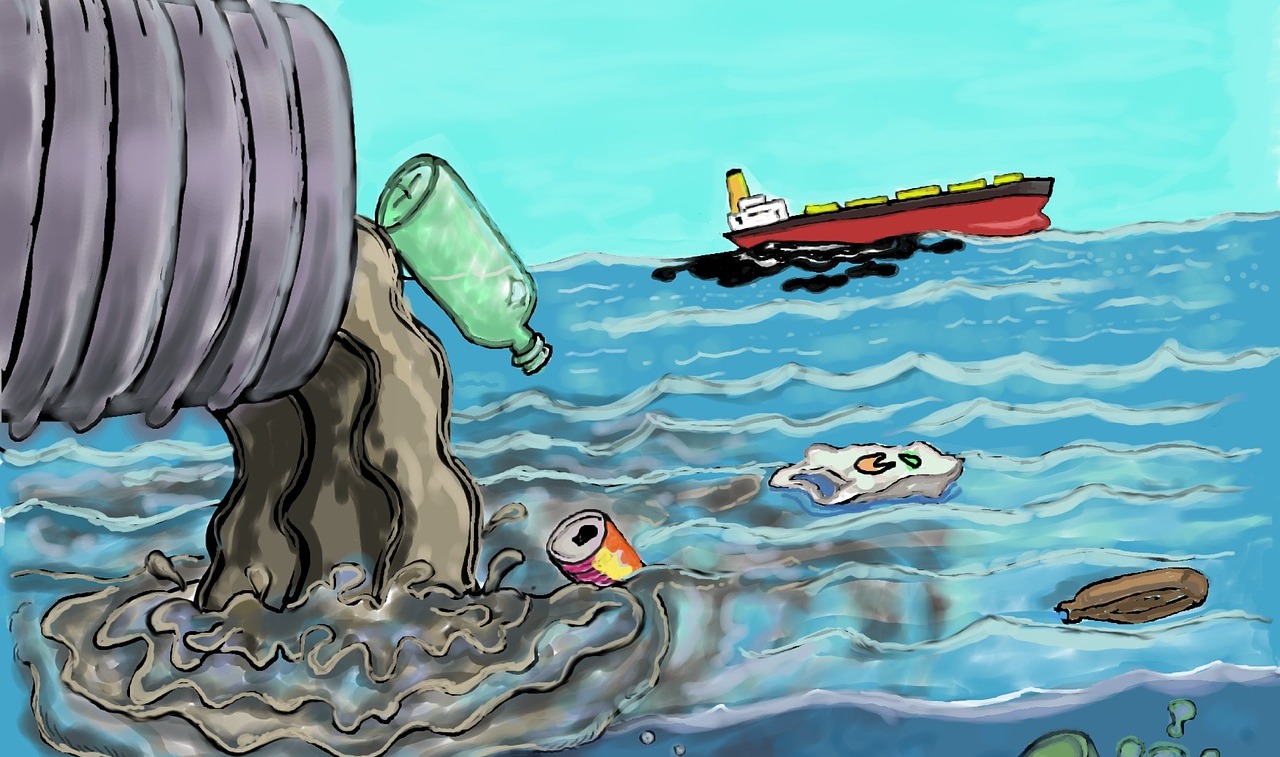On September 8 the world learned that Queen Elizabeth II, Britain’s longest-serving monarch, had died. Almost no time passed before the general public and notable figures took to social media to express their opinions — both positive and negative — on the late Queen.
Upon the announcement her son, now King Charles III, issued the statement: “We mourn profoundly the passing of a cherished sovereign and a much-loved mother,” also noting that “her loss will be felt throughout the country, the realms and the Commonwealth, and by countless people around the world.”
The world’s reaction was most visible online, on television, and on social media. All major outlets covered the news, and some expanded documentaries began to come out within days of her passing away — notably, a two-part documentary from National Geographic. But Twitter, as always, produced the fastest reactions in the greatest number, providing us with an overview of the vast range of reactions, from the most extreme signs of affection and grief to what amounted to near-rejection.
In fact, a very large number people both in the UK and abroad used their Twitter accounts to express their condolences and offer words of affection towards Elizabeth II.
I’m not a royalist. But I have empathy. The Queen is loved by and a great comfort to millions. In such a fractious, uncertain era, I wouldn’t deny anyone the need for whatever emotional constants soothe them or deny their real worry or grief.
Kindness is always the right choice.
— Alex Andreou (@sturdyAlex) September 8, 2022
Many of these include anecdotes that bring attention to her sense of humour:
My favourite story about the Queen… just lovely pic.twitter.com/xueTVRU7oB
— Sophy Ridge (@SophyRidgeSky) September 8, 2022
When Vladimir Putin was about to meet with Queen Elizabeth II in 2003, the Home Secretary's dog barked loudly
The Queen quipped: 'Dogs have interesting instincts, don’t they?"
— Samuel Ramani (@SamRamani2) September 8, 2022
It comes as no surprise that these heartfelt remembrances, due to the highly divisive nature of the monarchy, were met with other, more critical comments.
One area where criticisms flew freely around was in the memes that were created about Queen Elizabeth. A quick search will turn up dozens of new memes that are often unkind and vulgar.
Tweets could also become harsh. A number of these came from Irish users.
Whilst many took on a humorous tone, the undercurrents of upset towards the historic influence of the monarchy and Ireland’s bloody fight to escape their reign can be felt.
I knew the queen died before the BBC did because the irish blood inside me vibrated like an amber alert
— Deep Fried Twinkie (@empty_soda_cant) September 8, 2022
To understand the root cause of such attitudes, one needs to turn to the Irish Civil War, the clearest demonstration of the tumultuous relationship between the monarchy and Ireland.
During this guerrilla-style conflict that spanned from Jan 1919 to July 1921, the British forces carried out 38,720 raids on private homes, 4,982 arrests, and 1,604 armed assaults on the Irish Republican Army (IRA).
In light of this still fairly recent turmoil, the negative impression that many Irish people maintain of the monarchy can be understood.
An abstract description of this viewpoint is expressed in The Irish Times by reporter Patrick Freyre. He writes:
“Having a monarchy next door is a little like having a neighbour who’s really into clowns and has daubed their house with clown murals displays clown dolls in each window and has an insatiable desire to hear about clown-related news stories. More specifically, for the Irish, it’s like having a neighbour who’s really into clowns and, also, your grandfather was murdered by a clown.”
my sister lives in North Ireland & just texted saying the neighborhood has started lighting fireworks lmaoooooo
— Jess Whitney (@Jessica_Whitney) September 8, 2022
Other users took to the site to express the dislike, or perhaps even hatred, they harbour for the monarchy and the Queen herself due to the role the combined forces played in the country’s imperialist past.
Reminder that Queen Elizabeth is not a remnant of colonial times. She was an active participant in colonialism. She actively tried to stop independence movements & she tried to keep newly independent colonies from leaving the commonwealth. The evil she did was enough https://t.co/SDGi0boCzx
— Nsafoa's Feminist Duck
(@YaaAsantewaaBa) September 8, 2022
Some of these criticisms include references to the ‘The Great Star of Africa’– the largest clear-cut diamond in the world.
This jewel is valued at $400 million and was found in 1905 in Thomas Cullinan’s mine in South Africa.
Related Articles: Nigerians Offer British Museum Artwork in Return for Looted Benin Bronzes | Interconnectors, European Electricity and Brexit
Historical records indicate that the diamond was bought from the mine and presented to the British monarchy as a gift by the Transvaal government.
However, many people, township leaders in South Africa particularly, now argue that since this event occurred during the colonial era, the monarchy effectively “stole” the diamond from the South African people.
Queen Elizabeth II owns the largest clear cut diamond in the world Known as 'The Great Star of Africa' the 530 carats gem was mined in South Africa back in 1905. It was stolen from South Africa. It has an estimated worth of $400 million. pic.twitter.com/HesTmGTv4d
— Africa Archives ™ (@Africa_Archives) September 8, 2022
This issue can be grouped amongst numerous others regarding comparable symbols of British imperialism— such as the Parthenon marbles and the Kohinoor diamond— still held by Britain.
Many people, including some MPs, now demand that the country return these remnants of colonialism to the countries they originate from.
However, it is important to recognise that this is not the responsibility of the monarch but rather of the country’s main governing body— Parliament.
The Queen herself was patron to more than 600 charities, oversaw the country’s transition from an empire to a post-imperial power, and revolutionised what the monarchy symbolised in the modern day.
Moreover, nobody denies the crucial role Queen Elizabeth played in maintaining alive and well the 56 countries of the Commonwealth, firmly linking them to the monarchy and therefore the UK.
Australia’s TV news produced a remarkable summing up of the Queen’s role, her sense of duty, and her “devotion to her people and the Commonwealth”:
That such a video was produced not in the UK but in one of the prominent countries of the Commonwealth is notable. And of course it highlights her trips to Australia, “a massive affair between the two” and her role in holding together the Commonwealth.
All this should be remembered in the face of unfair attempts to demonise her for errors and oversights that fall outside the Crown’s hands.
Service at St Paul's Cathedral in memory of Queen Elizabeth II ends with first official public rendition of God Save the Kinghttps://t.co/WFKmhPzJaO pic.twitter.com/rbiO6HF01A
— BBC News (UK) (@BBCNews) September 9, 2022
The monarchy must now continue to adapt to a rapidly shifting world and tackle issues that were unheard of just decades ago, climate change being one of the most significant. Brexit also falls into this category and is particularly important given it is shaping the UK’s political and economic future.
King Charles III has shown himself to be a passionate voice on the issue of climate change and sustainability.
During the COP26 climate conference in Scotland last year he stated that in order to adequately confront the climate crisis “we have to put ourselves on a war-like footing.”
The country waits in anticipation to see what influence Charles will hold in this regard and what a new King will signify broadly for the country. In his first speech, recalling his mother’s vow on her 21st birthday, to serve her people for the remainder of her life, he declared, “I, too, now solemnly pledge myself, throughout the remaining time God grants me, to uphold the constitutional principles at the heart of our nation.”
As a constitutional monarch, he will no longer be able to express his personal opinions or directly participate in the shaping of policies, but his influence, deriving as it does from a ceremonial role likely to be executed the way Queen Elizabeth did, in utmost seriousness, cannot be discounted.
Editor’s Note: The opinions expressed here by Impakter.com columnists are their own, not those of Impakter.com. — In the Featured Photo: Queen Elizabeth II during a royal visit in 2005. Featured Photo Credit: Government of Alberta.








